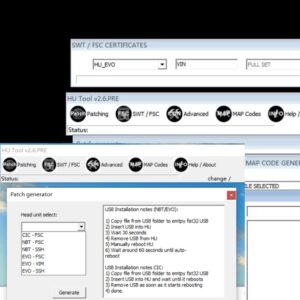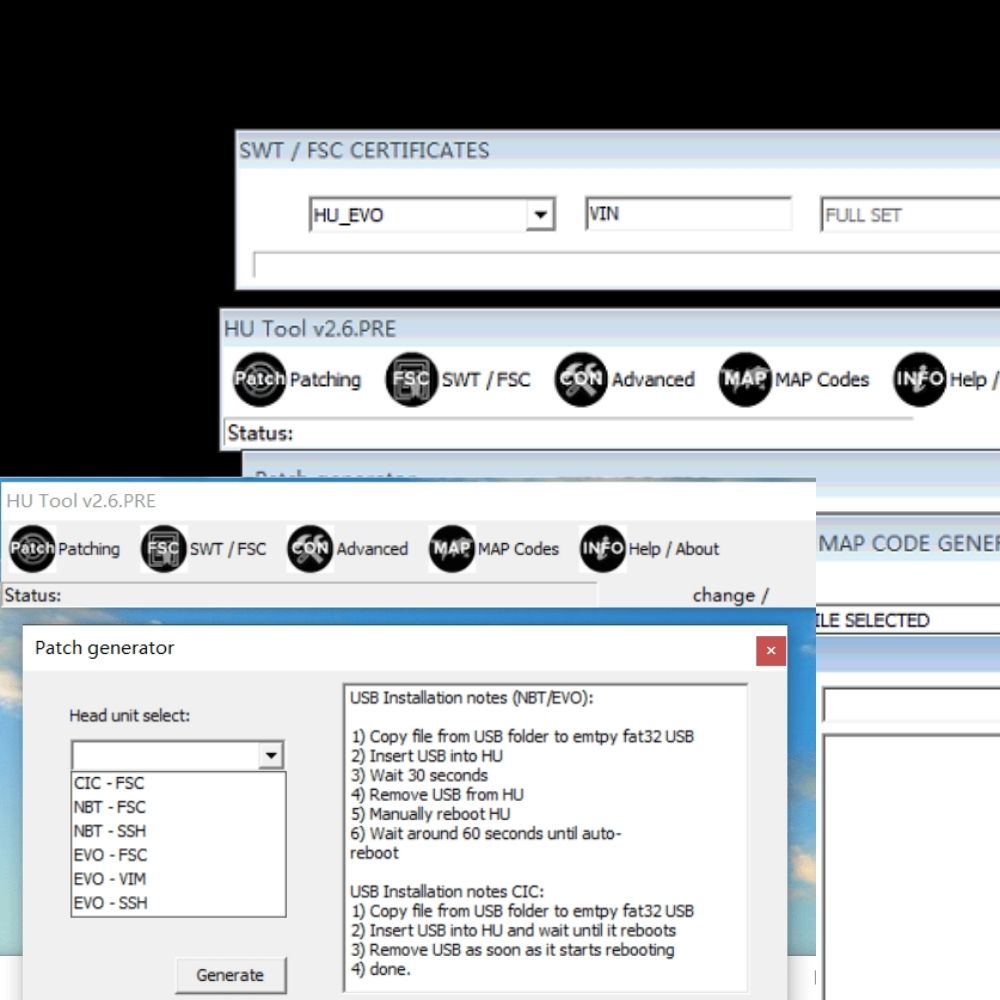
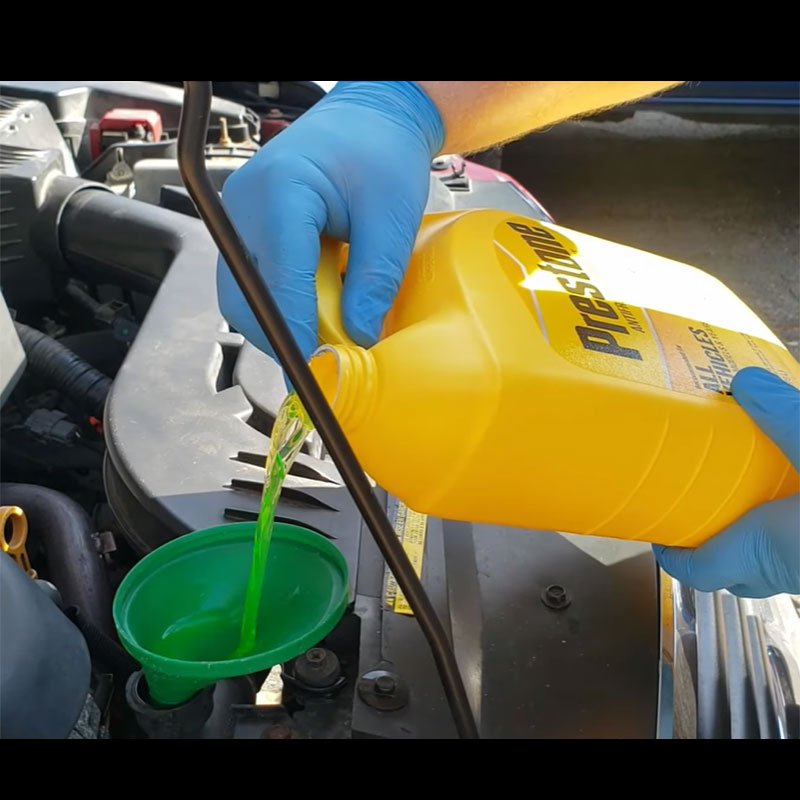
Nissan Engine Coolant: Types, Maintenance Tips, and Replacement Guide
Nissan engine coolant is vital for maintaining your engine’s temperature and preventing overheating. Understanding its function, maintenance, and troubleshooting can save you from costly repairs down the road. This guide will cover everything you need to know about Nissan engine coolant, from its specific requirements to common problems and their solutions.
Table of Contents
ToggleWhat is Nissan Engine Coolant?
Nissan engine coolant is a carefully formulated mixture of ethylene glycol or propylene glycol, water, and specialized additives. The most common type used in Nissan vehicles is the Genuine Nissan Long Life Coolant (Blue), which is a 50/50 premix of antifreeze and water. This blue coolant is the same high-quality, factory-fill fluid found in new Nissan vehicles.
Key Features of Nissan Engine Coolant
-
Advanced formulation for aluminum and cast iron engine parts
-
Contains no amines or silicates that may harm water pump seals
-
Free of borates that could cause aluminum corrosion and pitting
-
Provides excellent protection against freezing and overheating
-
Offers long-lasting corrosion protection for the cooling system
Types of Nissan Engine Coolant
Nissan uses different coolant types depending on the vehicle model and year:
-
Blue Long Life Coolant (L255N): The most common type, suitable for most Nissan vehicles.
-
Green Coolant (L248): Used in some specific models.
It’s crucial to refer to your vehicle’s owner manual for the correct coolant specification.
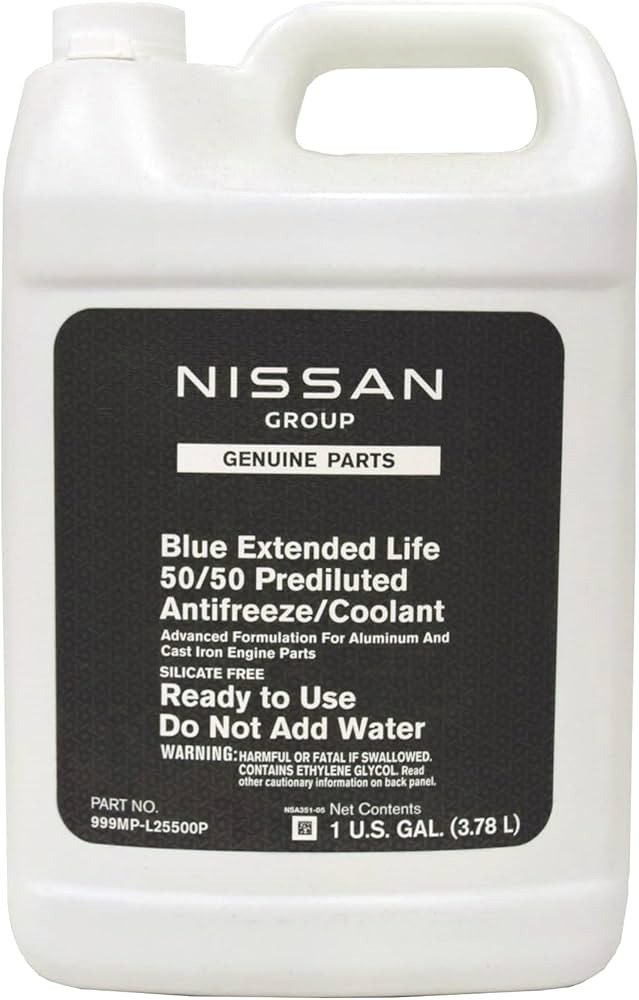
Choosing the Right Nissan Engine Coolant
Nissan recommends using Nissan Long Life Antifreeze/Coolant (LLC) or an equivalent that meets their specifications. Using the wrong type of coolant can lead to corrosion, leaks, and even engine damage. Check your owner’s manual for the specific coolant recommendation for your model year.
Why Nissan LLC is Recommended
Nissan LLC is pre-diluted and ready to use, eliminating the need for mixing. It’s specifically formulated to protect against corrosion and cavitation in Nissan engines.
How to Check Your Nissan’s Coolant Level
Checking your coolant level is a simple process:
- Ensure your engine is cold.
- Locate the coolant reservoir, usually a translucent plastic tank.
- Check the coolant level markings on the reservoir. The level should be between the “LOW” and “FULL” marks.
When to Change Your Nissan Engine Coolant
Nissan recommends changing the coolant every 2 years or 30,000 miles, whichever comes first. However, severe driving conditions may require more frequent changes.
Signs Your Coolant Needs Changing
- Discolored or rusty coolant
- Low coolant level
- Overheating engine
- Sweet smell from the engine bay
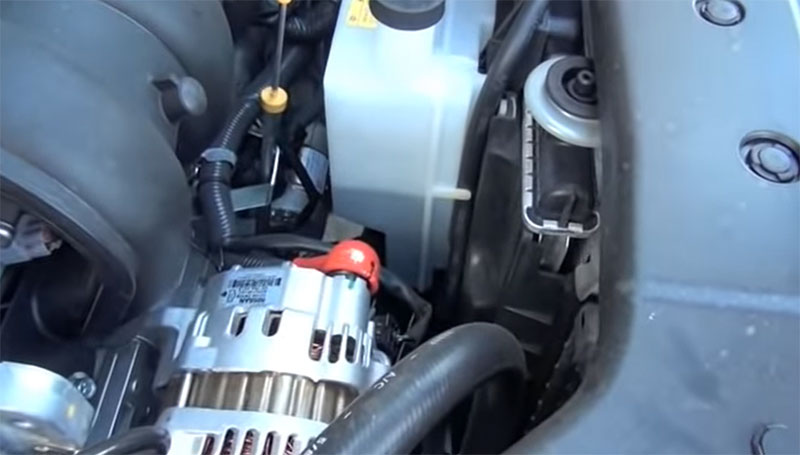
Common Nissan Engine Coolant Problems
Several issues can arise with your Nissan’s cooling system:
- Leaks: Leaks can occur in hoses, the radiator, or the water pump.
- Thermostat Failure: A faulty thermostat can prevent the coolant from circulating properly.
- Radiator Fan Malfunction: A malfunctioning fan can lead to overheating.
- Water Pump Failure: A failed water pump can stop coolant circulation altogether.
Troubleshooting Nissan Engine Coolant Issues
If you suspect a problem with your cooling system, it’s crucial to address it promptly. Here’s what you can do:
- Check for leaks: Inspect hoses and connections for visible leaks.
- Check the thermostat: Have a mechanic test the thermostat for proper operation.
- Inspect the radiator fan: Ensure the fan is running when the engine is hot.
- Check the water pump: Look for signs of leakage or noise from the water pump.
Frequently Ask Question:
1. Why is My Nissan Losing Coolant?
A common question among Nissan owners is unexplained coolant loss. This can be due to several reasons, including a small leak, a faulty radiator cap, or even a head gasket issue.
2. What to Do If Your Nissan is Losing Coolant?
If your Nissan is losing coolant, it’s crucial to have it inspected by a qualified mechanic immediately. Ignoring this issue can lead to severe engine damage.
“Regular coolant checks and timely changes can significantly extend the life of your Nissan’s engine,” says John Davis, a seasoned automotive technician with over 20 years of experience.
3. What type of coolant should I use in my Nissan?
The type of coolant you should use in your Nissan depends on the model, year, and engine type. However, Nissan Genuine Long Life Coolant (LLC) or Nissan Genuine Blue Long Life Antifreeze/Coolant is recommended for most Nissan vehicles.
4. How often should I change my Nissan’s coolant?
Every 2 years or 30,000 miles.
5. What are signs of a coolant leak?
Low coolant level, puddles under the car, or a sweet smell.
6. Can I top off my coolant with water?
While you can use water in an emergency, always use the correct coolant mix as soon as possible.
7. Why is my Nissan overheating?
Several reasons, including low coolant, a faulty thermostat, or a radiator fan malfunction.
8. What is the function of the coolant temperature sensor?
It monitors the engine’s temperature and sends information to the ECU.
9. What should I do if my Nissan is losing coolant?
Have it inspected by a qualified mechanic immediately.
10. Nissan Coolant Temperature Sensor Problems
The coolant temperature sensor plays a crucial role in regulating the engine temperature. A faulty sensor can lead to inaccurate readings, causing the engine to run too hot or too cold.
Conclusion
Maintaining your Nissan’s engine coolant is essential for its longevity and performance. By following the recommended maintenance schedule and addressing any issues promptly, you can ensure your Nissan runs smoothly for years to come. Remember to use the correct Nissan engine coolant and consult a professional if you encounter any problems.
=> Related content: What is Engine Coolant
Need Assistance?
Contact us via WhatsApp: +1(936)2896695, email [email protected] or visit us at 4590 Angus Road, New York, United States. Our 24/7 customer support team is ready to help.


BMW FSC Codes Explained: Full FSC Code List for F-Series
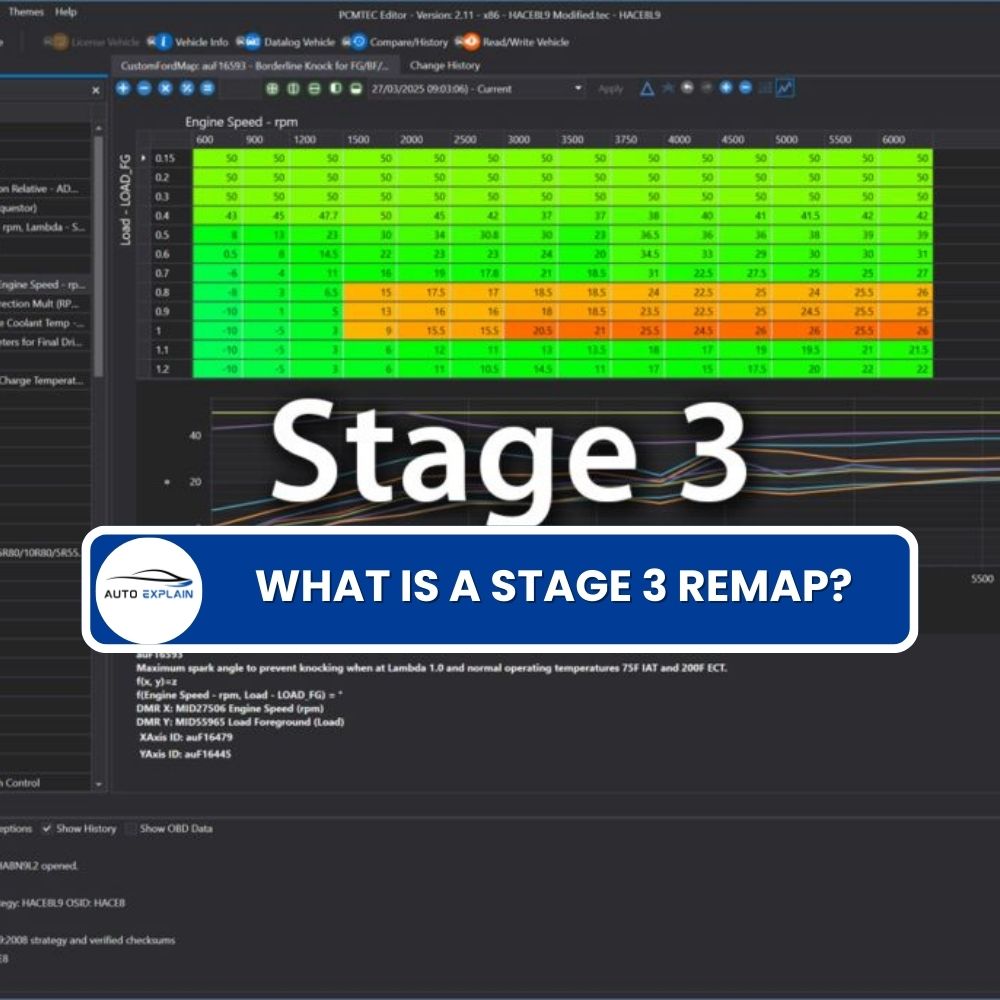
What is a Stage 3 Remap?

The Best Car Tuning Software in 2026: A Comprehensive Guide for Professionals




